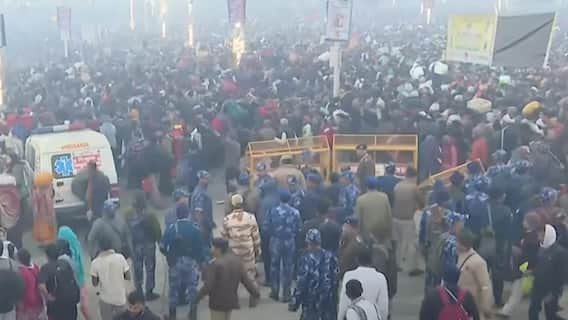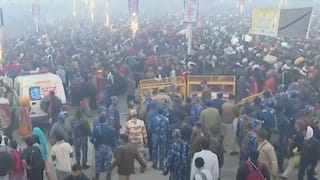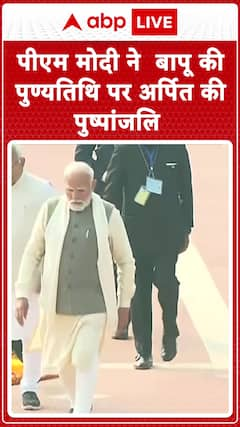Bangladesh Protests Intensify, Students Seeking PM Hasina's Ouster Call For Nationwide Civil Disobedience: Updates
The representatives of agitating students rejected the offer of dialogue with PM Hasina and called for non-cooperation, including tax boycotts and garment factory strikes.

A new wave of anti-quota protests has erupted in Bangladesh, with thousands protesting in Dhaka and other parts of the country, demanding Prime Minister Sheikh Hasina’s resignation. The agitators chanted anti-government slogans, like “Justice, Justice, We want justice” and “Resignation, resignation, Sheikh Hasina’s resignation,” as people from all walks of life joined students demanding an end to a reservation system for government jobs that they said was discriminatory.
Saturday's protest rallies were largely peaceful, as processions marched toward the central Shaheed Minar, a monument to people killed in 1952 during an agitation demanding that the then-ruling Pakistani government recognise Bengali as a state language, according to Associated Press. Bangladesh was part of Pakistan until it won independence in 1971 through an India-aided bloody war.
Students Against Discrimination -- the group responsible for organising the initial protests -- rejected an offer for dialogue with Prime Minister Sheikh Hasina earlier in the day before announcing their agitation would continue until the premier and her government stepped down.
"She (Hasina) must resign and she must face trial," Nahid Islam, the group's leader, said while addressing thousands of protesters at Shaheed Minar, according to a report by AFP.
Calling for a non-cooperation campaign, Students Against Discrimination has reportedly asked their compatriots to stop paying taxes and utility bills from Sunday to pile pressure on the government. As per the AFP report, they have also asked government workers and labourers working in Bangladesh's economically vital garment factories to go on strike.
"She must go because we don't need this authoritarian government," Nijhum Yasmin, 20, told AFP.
Evoking the historical civil disobedience campaign, spearheaded by Hasina's father Sheikh Mujibur Rahman, during Bangladesh's 1971 liberation war against Pakistan, Yasmin said, "Did we liberate the country to see our brothers and sisters shot dead by this regime?"
Bangladesh Protest
Protest marches against civil service job quotas sparked days of mayhem in July that killed more than 200 people in some of the worst unrest of Hasina's 15-year tenure. The government was able to briefly restore order with nationwide troop deployments, but crowds returned to the streets in huge numbers this week ahead of an all-out non-cooperation movement aimed at paralysing the government planned to begin on Sunday.
Rallies began in early July over the reintroduction of a quota scheme -- since scaled back by Bangladesh's top court -- that reserved more than half of all government jobs for certain groups. With around 18 million young Bangladeshis out of work, according to government figures, the move upset graduates facing an acute employment crisis.
The protests had remained largely peaceful until attacks on demonstrators by police and pro-government student groups. Hasina's government eventually imposed a nationwide curfew, deployed troops and shut down the nation's mobile internet network for 11 days to restore order. But the clampdown provoked a torrent of criticism from abroad and failed to quell widespread rancour at home.
Crowds returned to the streets in huge numbers after Friday prayers in the Muslim-majority nation, heeding a call by student leaders to press the government for more concessions.
Hasin's Rule
Seventy-six-year-old Hasina has ruled Bangladesh since 2009. She won her fourth consecutive election in January this year, after an election without genuine opposition. The rights groups have accused her government of misusing state institutions to entrench its hold on power and stamp out dissent, including the extrajudicial killing of opposition activists.
"Now the tables have turned," Illinois State University politics professor Ali Riaz told AFP.
"The regime's foundation has been shaken, the aura of invincibility has disappeared...The question is whether Hasina is ready to look for an exit or fight to the last," he added.
Trending News
Top Headlines









































